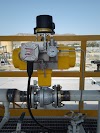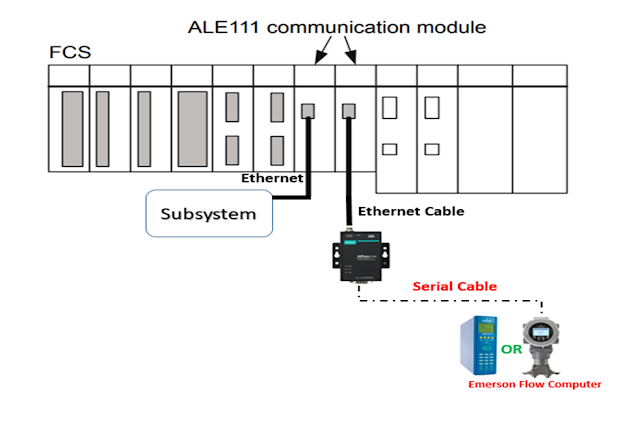Functional Safety Studies Series
Introduction to IEC61508, IEC61511and ISA 84
 |
IEC 61508 and EN 50402 are typical product standards while IEC 61511 and IEC 62061 are typical application standards. The IEC 61508 standard was officially released in 1999 and deals with any type of safety system with one or more electrical, electronic and programmable electronic (E/E/PE) devices. Every manufacturer of safety devices based on E/E/PE technology must comply with this standard. The standard itself has many detailed requirements that deal with electronic components and software issues.(source: www.insidefunctionalsafety.com)
IEC 61508-1:2010
Functional safety of electrical/electronic/programmable electronic safetyrelated systems – General requirements
IEC 61508-2:2010
Functional safety of electrical/electronic/programmable electronic safetyrelated systems – Requirements for electrical/electronic/programmable electronic safety-related systems
IEC 61508-3:2010
Functional safety of electrical/electronic/programmable electronic safetyrelated systems – Software requirements
IEC 61508-4:2010
Functional safety of electrical/electronic/programmable electronic safetyrelated systems – Definitions and abbreviations
IEC 61508-6:2010
Functional safety of electrical/electronic/programmable electronic safetyrelated systems – Guidelines on the application of IEC 61508-2 and IEC 61508-3
IEC 61508-7:2010
Functional safety of electrical/electronic/programmable electronic safetyrelated systems – Overview of techniques and measures
IEC 61511-1:2004
Functional safety – Safety instrumented systems for the process industry sector - Framework, definitions, system, hardware and software requirements.









8 Comments
Part 5: Examples of methods for the determination
ReplyDeleteof safety integrity levels.
Parts 1–3 contain the requirements of the standard.
ReplyDeleteThe rest spell out the guidelines and provide examples for development.
Helix QAC: Best Static Code Analyzer for Functional Safety and Standards Compliance
ReplyDeleteAPPLY A CODING STANDARD
ReplyDeleteEnsuring safe, secure, and reliable code can be
difficult. Your code needs to fulfill specific design and
coding guidelines based on SIL ratings.
Applying a coding standard (such as MISRA) makes
it easier to verify your code against specific safety
standard guidelines. Especially when you use a static
analyzer, such as Helix QAC.
ISO 26262 is a functional safety standard used in the automotive industry. It’s titled “Road vehicles —
ReplyDeletefunctional safety”.
ISO 26262 is a risk-based safety standard that’s derived from IEC 61508. It applies to electric and/
ReplyDeleteor electronic systems in production vehicles. This includes driver assistance, propulsion, and vehicle
dynamics control systems.
EN 50128 is a safety standard used in the rail industry. It covers electric and electronic equipment for railway control and protection applications. This standard uses Software Safety Integrity Levels
ReplyDelete(SSILs 0–4) to set safety requirements.
IEC 62304 is titled “medical device software —software lifecycle processes”. This is a functional safety standard derived from IEC 61508. Complying with this standard is critical for medical device software developers. IEC 62304 applies to the development and maintenance of medical device software
ReplyDelete